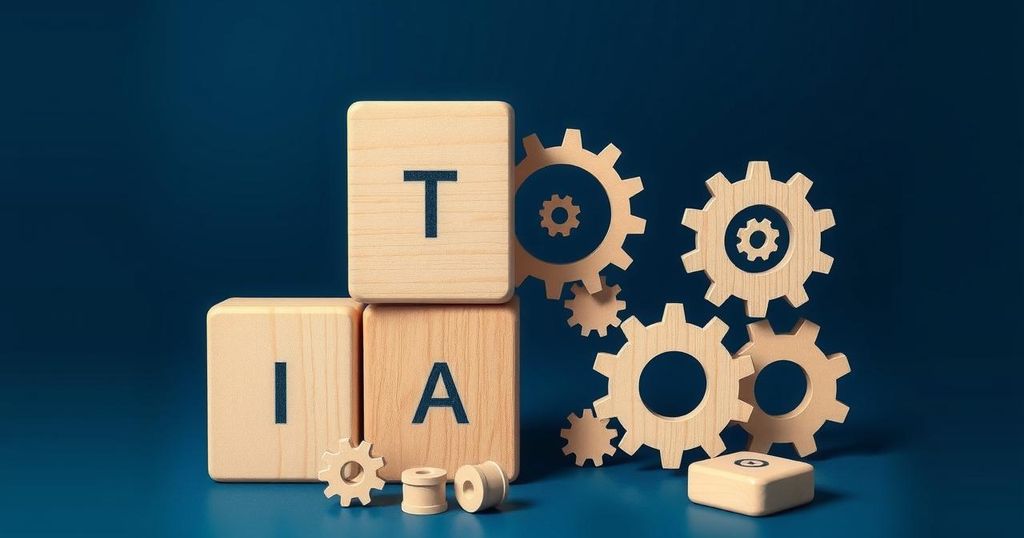Brazil Delays Big Tech Tax Proposal to Mitigate US Trade Tension Concerns

Brazil has postponed its big tech tax proposal due to concerns over US trade tensions. Instead, it is moving forward with competition regulation legislation. Aiming to enhance government revenue, Brazil introduced a minimum corporate tax while consulting on new competition laws to foster fair practices in its digital economy. This decision reflects a strategic shift in balancing domestic concerns with international trade relations.
Brazil has opted to delay its proposed taxation of major tech firms due to potential backlash from escalating trade tensions with the United States. Officials indicate that instead of implementing a tax plan, Brazil will focus on a legislative proposal aimed at regulating competition among internet platforms, handling both domestic economic constraints and international trade relations.
On October 4, 2024, Brazil introduced a minimum tax of 15% on profits of multinational corporations, which is aimed at enhancing government revenue while maintaining essential social programs. This tax aligns with international efforts to combat tax evasion, thereby ensuring equity among multinational entities operating within the country.
Moreover, the Brazilian government is actively consulting on competition legislation intended to curb anti-competitive practices, such as “killer acquisitions”. This bill aims to foster a fair competitive environment, promote innovation, and provide better consumer choices within Brazil’s growing digital economy.
Although tax plans targeting major U.S. tech firms were considered, concerns regarding U.S.-Brazil trade relations have urged caution within the Brazilian administration. Proposed tax increases on large U.S. corporations could negatively affect ongoing trade negotiations amid Trump’s potential tariff increases, raising alarms among Brazilian officials.
As Brazil manages potential consequences from U.S. trade policies, the government aims to avoid escalating tensions while addressing local market concerns. By prioritizing competition regulation over new taxation, Brazil seeks a balanced approach to enhance market equity while preserving positive trade relations with the United States. The outcomes of ongoing public consultations on the competition bill will be pivotal as Brazil strives to create a fair and equitable digital landscape while safeguarding its economic interests on the global stage.
In conclusion, Brazil’s decision to delay its big tech tax proposal reflects an effort to navigate complex trade relations with the United States amidst rising tensions. Instead of pursuing aggressive taxation, the government is focusing on competition legislation to balance domestic market fairness and international cooperation. This strategic shift aims to foster a competitive digital economy while ensuring a collaborative stance with key global economic partners.
Original Source: www.tradingview.com







